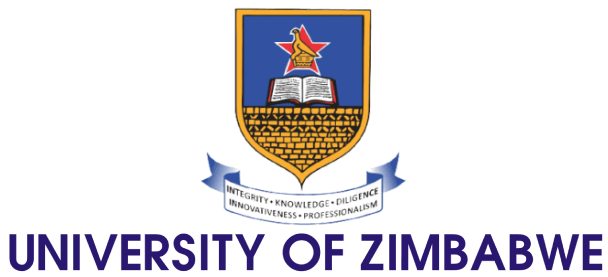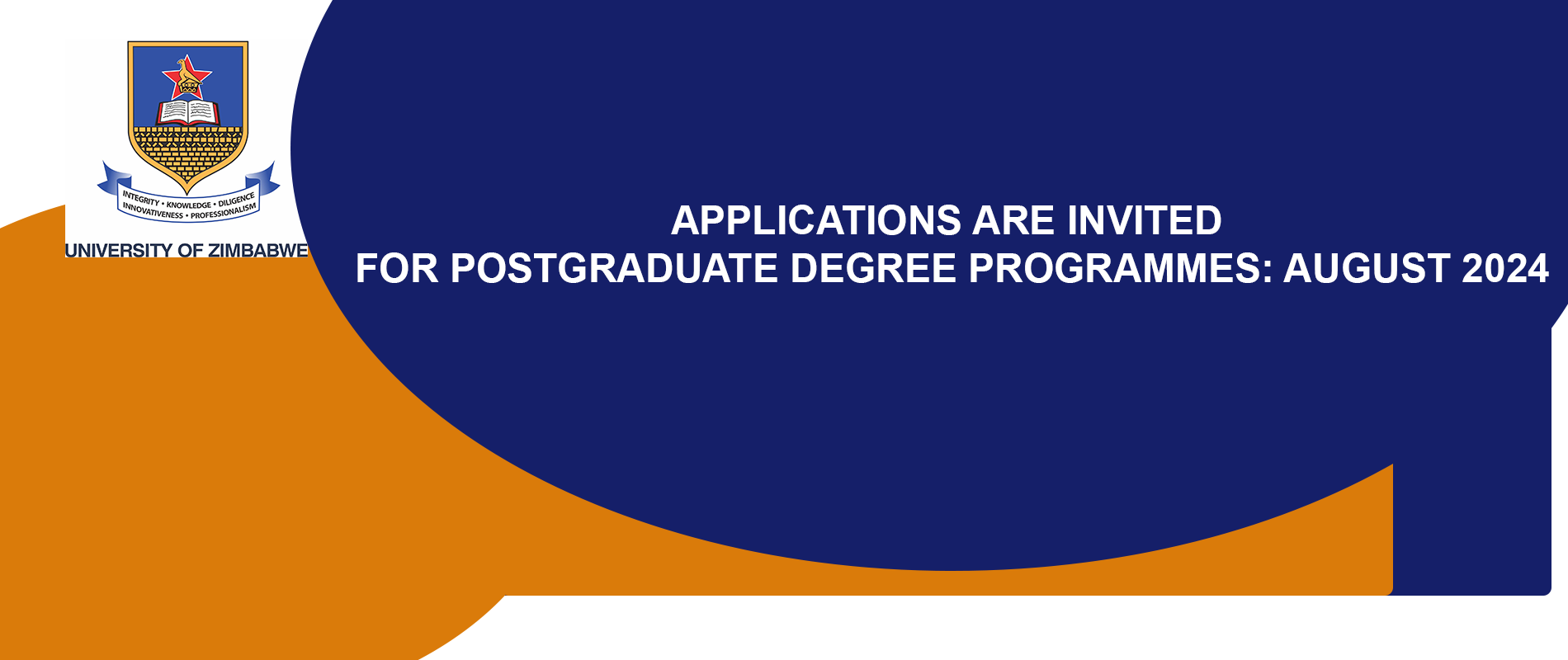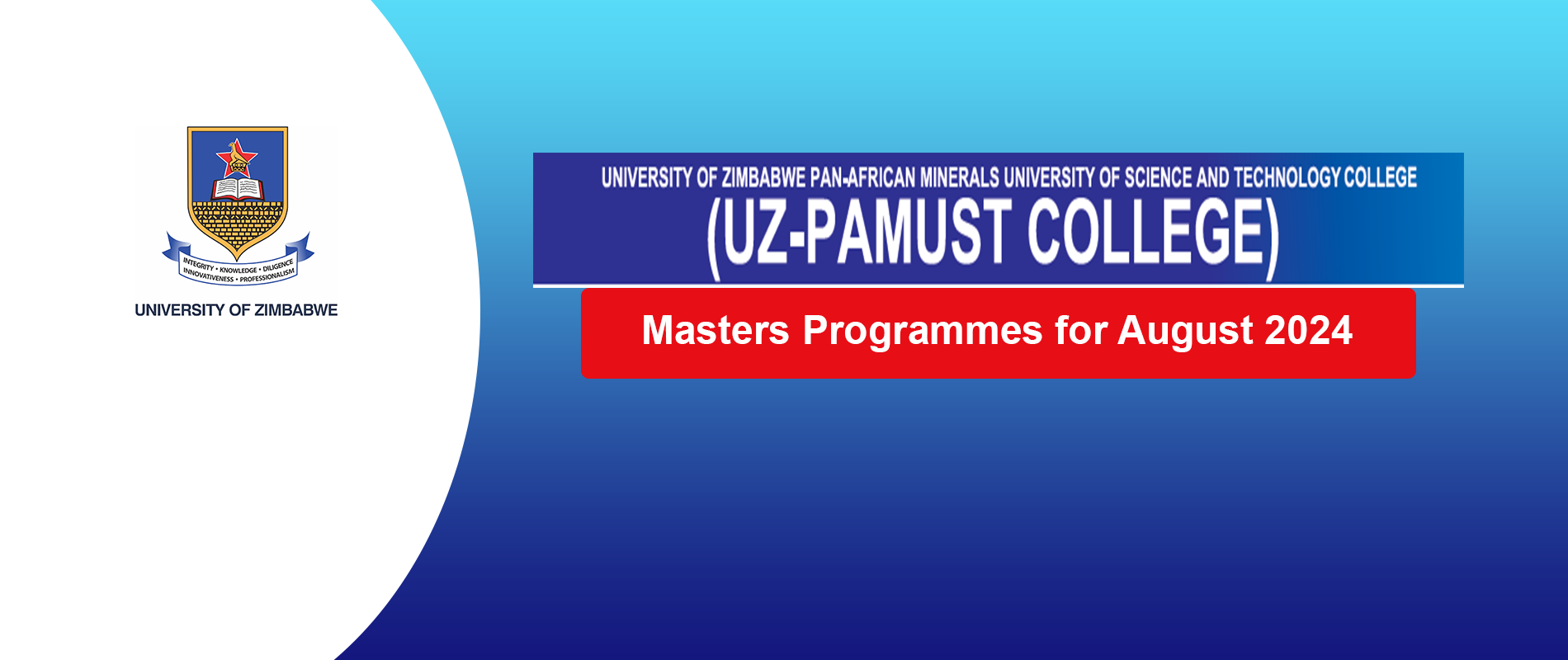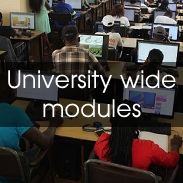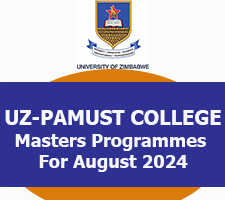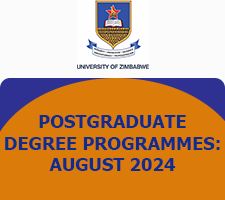BSc. Honours Electronics and Telecommunications Engineering (HET)
Graduates from this programme will be able to plan, design, implement and manage telecommunication systems and infrastructure; identify, formulate, and solve complex engineering problems by applying principles of science, mathematics and engineering; apply engineering design to produce solutions that meet specified needs of electronics and ICT systems as well as applying appropriate software package for design, analysis and synthesis applications in ICT and critically evaluating the results. The work related learning is expected to satisfy professional requirements and maximise the stability of graduates’ skills. The programme produces graduates well prepared for the design and development of electronics and telecommunications technologies. Career opportunities would include telecommunications systems engineers, electronic engineers, designers, test specialists, software developers, product developers, network planning and security specialists, consultants, wireless access protocol specialists, TV and radio broadcast engineers, Next-generation networks designers. Graduates are also capable of creating their own electronics and telecommunications companies and consultancy firms.
BSc. Honours Network Engineering (HNE)
This programme produces graduates with expertise in planning, designing, implementing and maintaining modern networks economically and resourcefully; applying practical engineering skills; appropriate quantitative science and engineering tools to analyse real life problems. The programme aims to equip students with the theoretical and hands on skills in designing, constructing, testing and maintaining networks of any nature. With the realisation that networks are extensively defined by software, the degree programme is enhanced by computer programming and databases courses to expand the skill set, and provide a deep understanding of different Network Systems. The work related learning is expected to satisfy professional requirements and maximise the stability of graduates’ skills. Graduates can assume various roles and titles in network engineering including network engineer, support engineer, network administrator, IT support engineer, systems administrator, computer systems manager, IT project manager, network systems engineer, network system administrator, network analyst, network security engineer, network operations engineer, wireless network engineer, network solutions architect, cloud networking architect, VOIP engineer. Graduates can start their own consultancies in network engineering.
MSc. Industrial Electronics Technology (MIE)
This programme produces graduates with expertise in managing industrial electronic systems from their design to their development, implementation and verification, in any sphere of application; service, repair, calibrate, regulate, fine-tune or test machines, devices and equipment that operate primarily on the basis of electrical or electronic (not mechanical) principles; make effective use of design techniques, tools and principles involved in the production of precision technical plans, blueprints, drawings and models. The programme includes the following modules: industrial instrumentation, advanced semiconductor devices and circuits, advanced control systems, electronic systems modelling and analysis, artificial intelligence techniques and automation applications, programmable logic controllers, Internet of Things (IoT) engineering, integrated production systems, real time and embedded systems, integrated circuit design. Career opportunities include: control and design engineer, acoustic consultant, aerospace engineer, broadcast engineer, electrical engineer, electronics engineer, sound engineer, project engineer and technical sales engineer. Graduates are also capable of creating their consultancy companies.
MSc. Mobile and Wireless Communications (MMW)
Graduates from this programme will have expertise in planning, designing, implementing and maintaining mobile or wireless network economically and resourcefully with high level security. The master’s degree programme aims to provide students with sound theoretical knowledge and skills of the key design aspects of modern wireless communication systems. Courses combine lectures with laboratory work and seminars. The programme teaches a number of skills such as organising, planning, analysing, and communicating with team members. Graduates will be able to drive research and development. Occupations include wireless network engineer, support engineer, wireless network operations engineer, network analyst, wireless network engineer, network solutions architect, cloud networking architect, network project manager, product technology designer. Many wireless communication jobs are available with cellphone companies, cable television providers, internet providers, and retail outlets selling wireless devices and services. Graduates are also capable of creating their own consultancy companies.
MSc. Network Engineering (MNE)
Graduate of the MSc programme will be able to apply theoretical and technical knowledge in solving network engineering problems, use specialised network engineering tools and techniques in various domains, conduct interdisciplinary research, manage development projects to come up with products of high quality; offer advice, support, as well as technological counsel to government and industry. The programme offers a well-rounded exposure to advanced network concepts including Internetworking, Wireless Networks, Software Defined Networking (SDN) and Network Functions Virtualization (NFV), Networked Systems Security, Ethical Hacking, Cloud Computing as well as several electives to choose from in response to diverse needs of industry. There is a wide range of career opportunities for graduates as network engineers, support engineers, network administrators, IT support engineers, systems administrators, computer systems managers, IT project managers, network systems engineers, network system Administrators, network analysts, network security engineers, network managers, network operations engineers, wireless network engineers, network solutions architects, cloud networking architects, VOIP engineers, telecom project managers, academic researchers. Graduates are also capable of creating their own consultancy companies.
MSc. Telecommunications Engineering (MTEN)
Graduates from this programme will be able to be agile in response to new knowledge and novel developments; use an engineering approach to solve problems in unfamiliar situations; be creative and innovative in problem-solving; plan, design, implement and manage telecommunication protocols, systems and infrastructure; lead teams of scientists and engineers effectively and ethically to address the prominent engineering, social, environmental, and commercial issues in ICT. This master’s degree programme is designed to train and enhance professional practice, advance technical and specialist skills, and provide an opportunity to put theory into practice with applied projects and research. The degree also delivers communication, strategic and project management skills essential to the practising engineer. Graduates will be able to adapt to the rapidly changing technological landscape, turning products of research into practical solutions of developing world problems within international standards. Their careers may lead them to practise as Telecommunications engineers in any of the following areas such as Telecommunications operations, Semiconductor industry, IT consulting firms (network solution designers, network planners and designers, network project leaders, etc), Regulatory bodies, Sale engineers, Researchers and academics at public or private universities. Under the guidance of the Education 5.0 thrust, graduates will have capacity to start their own companies and consultancy service.
